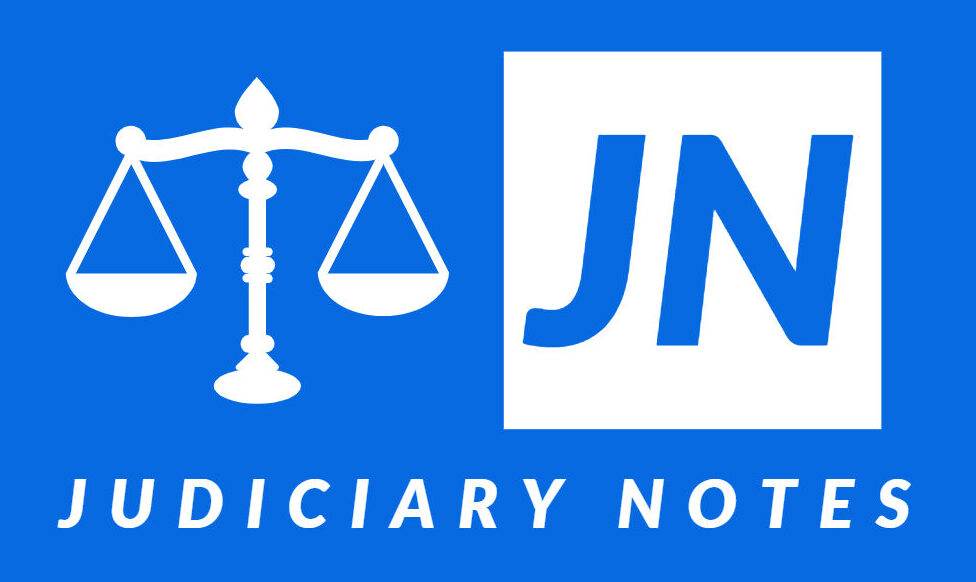The Kerala High Court made a big decision. It said a man who went to Pakistan for a job isn’t an enemy. This was under the Defence of India Rules 1971. The man was fighting a legal battle over a property his father owned. His father had briefly worked in Karachi.
The court said going to Pakistan for work doesn’t make you an enemy. Calling him one was wrong. This ruling shows the court believes in fairness and the right to get work, despite security issues.
Wrongly accusing someone is harmful. It can take away rights and freedom. The ruling from the Kerala High Court warns against using laws the wrong way. It says we can keep the country safe without hurting people’s rights.
Court Quashes Proceedings Initiated Under Enemy Property Act
The Kerala High Court made a big ruling to protect Indian citizens’ rights. It was about P. Ummer Kova. The court stopped the move against him by using the Enemy Property Act, 1968.
Kova tried to pay land tax in Malappuram but was stopped by the village officer. The officer said Kova’s father was called an “enemy” because of work in Karachi, Pakistan in 1953.
The Kerala court ruling stopped the case for national security concerns. It said Kova’s father was Indian and not a Pakistani citizen. This means Kova can pay his tax and is not under a false issue.
“This ruling safeguards against wrong use of counterterrorism laws. It says working abroad briefly does not make you an enemy of the state,” said legal experts on the Kerala court ruling.
This ruling helps P. Ummer Kova and all Indians. It shows every citizen’s right is important. No one should be wrongly punished under the Enemy Property Act.
Man who briefly went to Pakistan for job not “enemy”, says Kerala High Court
The Kerala High Court’s recent ruling is a big win for freedom and fairness. It says going to Pakistan for work doesn’t make someone an ‘enemy’. This helped a retired police officer, P. Ummer Koya, in a property case. His father worked in a Karachi hotel in 1953.
It’s a victory for Koya as the High Court stopped the action under the Enemy Property Act against his father’s property. Officials acted under a 1971 notice, questioning his father’s citizenship. They considered the property as enemy’s.
“The Court found no evidence that the petitioner’s father engaged in trading with an enemy or was involved with an enemy firm during his time in Pakistan. The father was also confirmed as an Indian citizen by the Central government in 1990.”
The Kerala High Court’s ruling supports freedom of movement and fair trials. It highlights the need to protect against unfair charges that could harm civil liberties. The ruling reminds us to balance national security with citizens’ rights.

Ruling Upholds Due Process Rights and Freedom of Movement
The Kerala High Court said looking for a job in Pakistan doesn’t make you an “enemy”. The court argued that these laws were made for other reasons. They said it’s wrong to use them in this case. This is a big win for keeping fair treatment and the right to move freely, which are protected by India’s Constitution.
The court ordered to stop the case under the Enemy Property Act. Also, they said the village officer must take the property tax from the person. This shows that courts care about keeping people’s rights safe, even when there are worries about safety.
The High Court in Kerala reminded everyone to use laws against terrorism carefully. They said everyone should get a fair trial. By protecting the petitioner’s rights, the court has shown how to avoid using too much power. This builds trust in the justice system and helps keep people’s basic freedoms strong, as the Indian Constitution promises.

